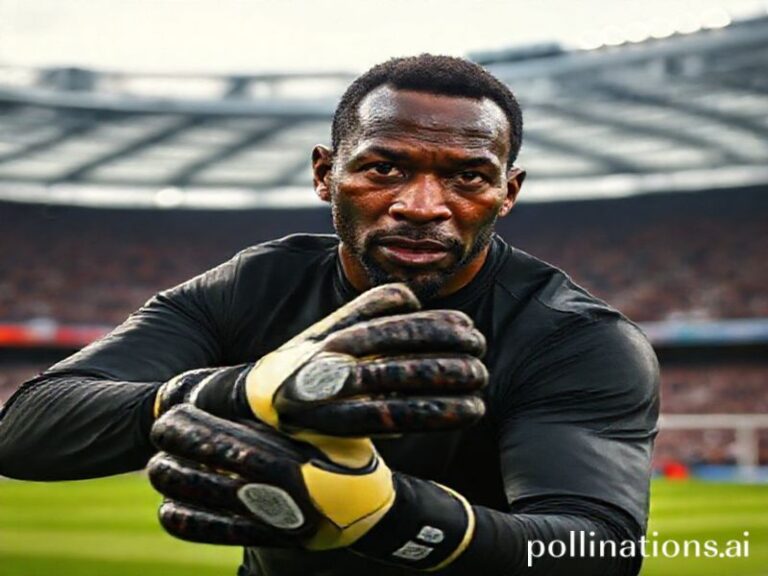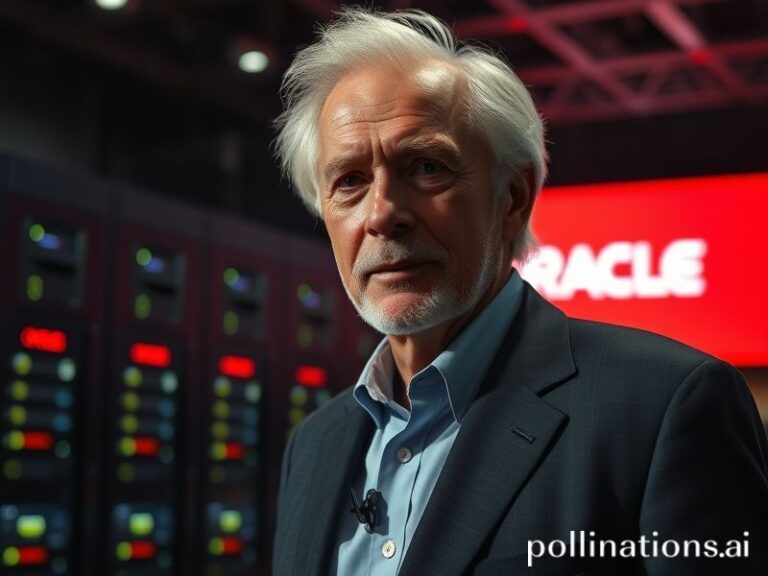sean avery
Sean Avery Is the Bad Boy Who Went Global, and We’re Still Watching the Replays
By Dave’s Locker International Desk
From the fjords of Finland to the noodle bars of Shanghai, references to “Sean Avery” now serve as shorthand for a very particular flavor of chaos: the kind that sells jerseys, court cases, and—if you squint—diplomatic gossip. On the surface he was just a scrappy Canadian left-winger who barely cracked 100 NHL goals, yet in the grand bazaar of twenty-first-century spectacle, Avery became a trans-continental product: part hockey goon, part fashion intern, full-time human Rorschach test for whatever the planet finds entertaining or appalling on any given Tuesday.
The moment that cemented his passport to infamy came in 2008, when Avery planted himself in front of New Jersey goalie Martin Brodeur, turned his stick like a bored matador, and waved it like he was flagging a taxi in midtown. The NHL immediately rewrote its rulebook—now known colloquially in five languages as “the Avery Clause.” Overnight, a minor pest became a regulatory footnote, proving once again that the fastest way to change an institution is to be an unignorable nuisance. Bureaucrats from Geneva to Brussels quietly took notes; if one pest in shoulder pads can force a rule change in a billion-dollar league, imagine what a sufficiently irritating diplomat could do at the WTO.
But Avery’s real export market opened off the ice. He interned at Vogue, coined the term “sloppy seconds” on live television (earning a suspension and an awkward entry in Urban Dictionary), and launched a menswear line that looked like what would happen if Fight Club opened a boutique in Shibuya. Fashion editors in Paris pretended to be scandalized, then booked him. Russian oligarchs’ girlfriends photographed his sunglasses in Mykonos. Even the Swedes—who normally prefer their controversies served at room temperature—invited him to Stockholm Fashion Week, perhaps hoping some of his radioactive notoriety would rub off on their minimalist knitwear.
There’s a darker geopolitical subplot here: Avery’s career coincides neatly with the rise of the attention economy. While Chinese streaming platforms were busy teaching algorithms how to monetize outrage, Avery was providing raw data in the form of suspensions, ejections, and TMZ cameos. His every tantrum became A/B-tested content from Lagos to Lima. In that sense, he wasn’t just a hockey player; he was an early, flesh-and-blood prototype for the influencers now destabilizing elections and deodorant sales alike. If you ever wondered how we slid from sports highlight reels to TikTok legislators, Avery’s archive is the missing link—watch him chirp at Brodeur in grainy 480p, then scroll straight to a Brazilian senator dancing in a supermarket. Same dopamine drip, different jersey.
Ironically, the same traits that made him box-office poison in polite locker rooms—self-promotion, boundary-testing, a flair for the gratuitous—are now standard career advice on LinkedIn. Corporations pay consultants to teach executives how to “be more disruptive,” a phrase that once got Avery benched without pay. Somewhere, a Swiss MBA program is probably dissecting his 2008 post-game soundbite as a case study in “personal brand volatility.” The world has not just forgiven him; it has franchised him.
His post-retirement pivot to podcasting and acting keeps the franchise alive. Every cameo on a Scandinavian crime drama or Russian reality show is a reminder that the global village still needs its designated villains, preferably ones who once sold lipstick. Avery is living proof that if you insist on being a jackass loudly enough, continents will eventually offer you frequent-flyer status.
Conclusion
In the end, Sean Avery matters because he solved the only equation that counts in a hyper-connected era: how to weaponize minor talent into major relevance. Nations may rise and fall, currencies inflate, and the polar ice caps may file for early retirement, but somewhere a commentator in Singapore is still replaying that Brodeur screen, shaking his head and smiling at the exquisite, inexhaustible absurdity of it all. The puck drops, the world watches, and Avery—ever the useful irritant—keeps skating across our screens like a cautionary tale with a shoe deal.







